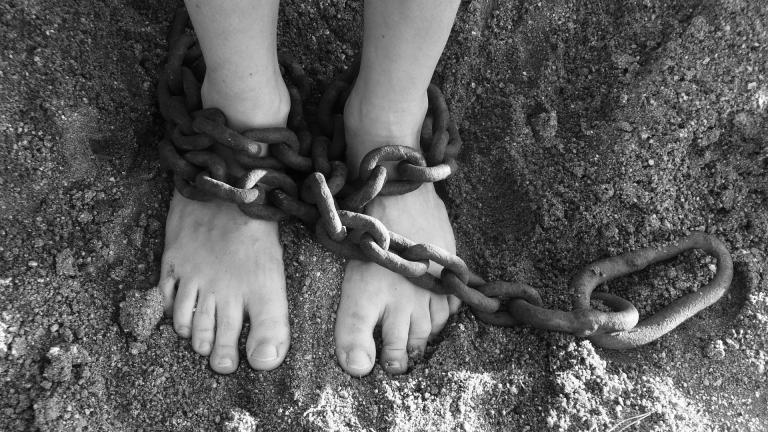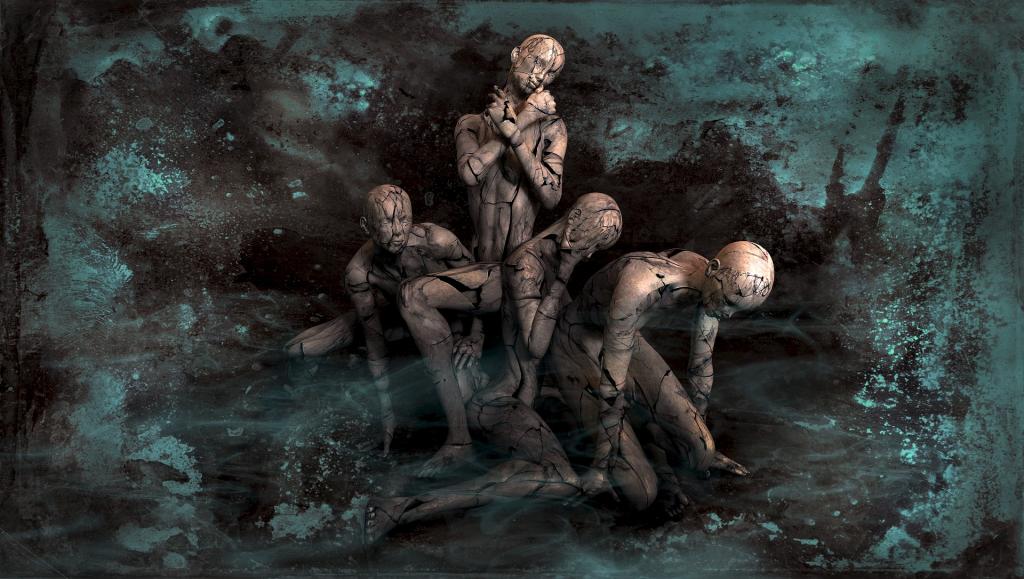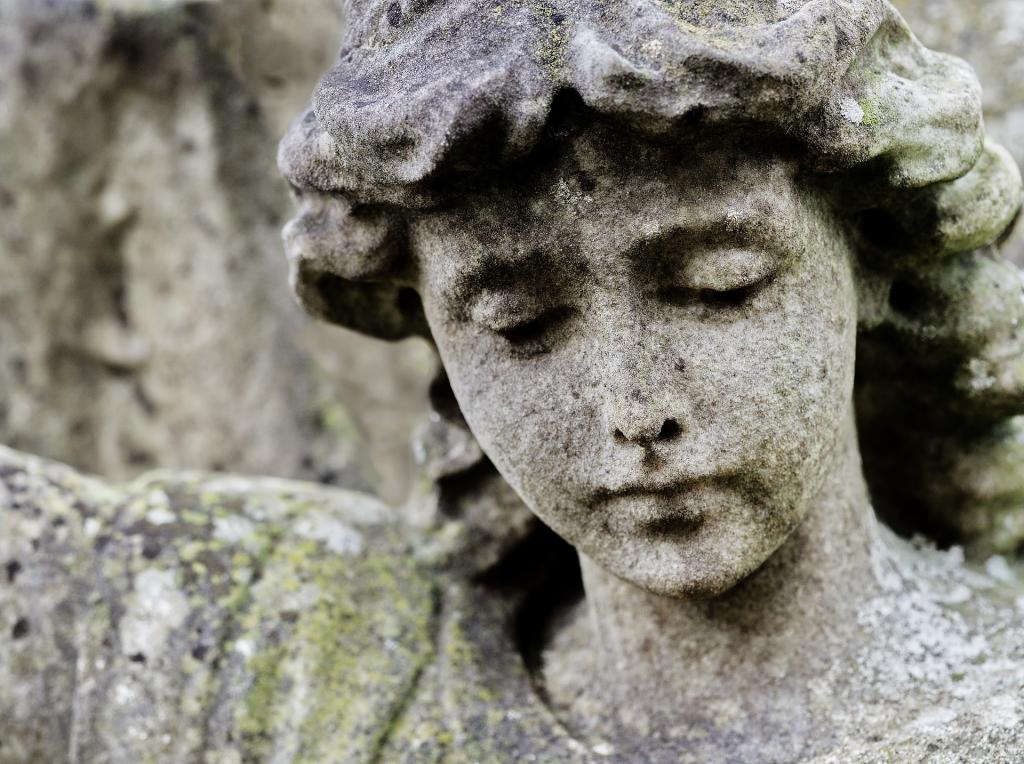
Yesterday, Libby Anne posted pretty much the exact blog post that has been forming in my head over the past few days as I watch the spectacle of pro-lifers and conservative media railing against the injustice of having to make genuine personal and economic sacrifices in order to preserve human life.
Every Possible Sacrifice
For years, as a pro-lifer, I was taught that it was selfish, utilitarian, relativist, baby-hating, death-worshiping, evil to ever decide that the cost of a human life is just too high. Any kind of suffering and sacrifice, up to and including the risk of death, must be not only accepted but joyfully embraced by a woman who gets pregnant.
Women who were worried about losing their livelihoods, plunging their already-born children into poverty, suffering increased spousal abuse, or facing serious medical complications were “baby-killers.”
Even women who tried to avoid pregnancy using effective birth-control were lumped into this category of selfish, anti-life feminazis bent on exterminating infants — after all, there are some dubious theories which assert that maybe sometimes the Pill might prevent an embryo from implanting. Since these theories cannot be proven false, using contraception means that you are open to killing your child (a zygote being a child) through neglect.
These choices were selfish, evil. A woman who wanted to avoid pregnancy for truly grave reasons, like severe poverty, rape or high-risk pregnancy, might be looked at with compassion — but she still had to be told the absolute and unwavering truth that her needs, desires, goals, wants, hopes, ideals, beliefs, health, sanity and life are all secondary to the sacredness of the life she bears within her.
Of course, a woman who wanted an abortion for any reason short of starvation, violence and death was simply a harridan who places her personal pleasures above the needs of others. These women were unnatural, not even Real Women, latter-day Lady Macbeths unsexed by the sexual revolution and filled from the crown top-ful of direst cruelty.
And now, suddenly, these same people who for years told me that I was selfish, faithless, godless, evil and unloving because I hit a point where I could no longer risk another pregnancy, these people have been asked to make serious personal sacrifices for the sake of human life.
The Quality of Life
It’s been interesting, watching them squirm like worms on a hook as they face loss of income, loss of personal freedoms, loss of the ordinary pleasures of life. And it’s not just prominent conservative outlets like The Federalist and First Things: my Facebook feed is crawling with old Catholic pro-life friends who are now falling all over themselves to argue that quality of life is sometimes more important than quantity of life.
The thing is, they are right. There does come a point where “life piled on life (is) all too little.” The fact that they are making this argument less than two weeks into a lock-down that could save millions makes me want to send them to their rooms like the whiny man-babies that they are. But even though we are not now anywhere near the point of sacrificing too much, that point is real. It does exist.
Reno is correct that there are things more precious than life. People throughout history have consistently chosen to die for the kinds of freedoms that we are now being asked to relinquish: economic freedoms, freedom of movement, the freedoms necessary to carry out our goals.
It is true that we need to think carefully about where the line is — at what point are we prioritizing mere existence over the rights of individuals to live full, free human lives? When does “saving lives” become an idol?
I think we are a long way off of that point right now, and it’s not only scandalous but also irresponsible for outlets like First Things to be making excuses for people to shirk their basic responsibility towards the vulnerable and the elderly. But when people talk about social distancing for months or years it does, quite rightly, make me pause.
It is perhaps true that we could save lives if everyone lived in quarantine perpetually, but the ongoing loss of personal freedom would be too great. At some point, we must accept that death is necessary, that it is natural, that is not the greatest evil in the world.
What’s Good for the Gander
The problem is, as Reno makes clear in the opening of his post, there is no point at which “saving babies” is subjected to the same kind of complex moral thinking. Unborn life is always an absolute good, regardless of how much freedom women must give up in order to sustain it.
If a man has to suffer the loss of dinner parties, the cancellation of sporting events and the postponement of concerts in order to save lives this is somehow giving in to the dominion of death and Satan. If a woman has endure the loss of her livelihood, the suffering of her already-born children, life-long medical complications and possible death well… that is holy and just.
(“Were I to host a small dinner party tonight…I would be denounced,” Reno moans. Just, for a moment, imagine the kind of denunciation you would get from First Things if an actress said she was getting an abortion because she didn’t want to disrupt her social schedule.)
Reno and friends will, of course, insist that the difference is “direct killing” vs. allowing to die. But modern abortifacient drugs do not kill directly: they cause the uterine lining to break down and they expel the fetus from the womb. The fetus dies because the woman’s body has withdrawn its support and without that support fetal life is not sustainable.
Abortion is increasingly achieved through the withdrawal of a woman’s labour and bodily resources, not by the direct killing of the unborn.
So why is a woman required to make any and all sacrifices of her time, her resources, her health, even her blood and body to prevent an unborn child from succumbing to death (which will quite naturally occur if a woman does not make those sacrifices), but any sacrifice which we might ask of Rusty Reno, no matter how trivial and ridiculous, is a demand to worship “the false god of ‘saving lives'”?
Recourse to Nature
I know what the answer is. It is that a woman is designed to provide life to infants. When she refuses this sacrifice, she is rebelling against nature, biology, the will of God. Reno would no doubt say that he is merely asserting his natural rights, whereas a woman who seeks to have sex without babies is asserting an unnatural right.
Here’s the thing, though. All rights are socially constructed. There are no “natural rights.” That’s an 18th Century fiction that served a very important purpose: to a large extent it provided the framework for modern human rights discourses. But it’s still a fiction.
Absent the technological apparatus of a modern bureaucratic state, the idea that all human beings have “rights” to things like “life, liberty and the pursuit of happiness” is not only nonsensical, it’s impossible.
The infrastructure necessary to maintain these rights is tremendous. They require numerous social techniques and technologies: contract and criminal law, public education, the printing press, an economic system which allows agricultural and manufacturing to occur without recourse to slavery, etc. etc. etc.
Modern human rights are not “natural rights” that we discovered in the 18th Century. If we had a time machine, we could not export these rights back into the days when early cities first started to build irrigation systems using compelled labour. Absent modern social structures, our modern rights and liberties would only amount to a “right” to live a short, nasty, brutish life that is likely to end in violence.
Reproductive Wrongs
The pretext that the Rights of Man are “natural” does, however, serve a critical function for Christian reactionaries who want to functionally deny the rights of women.
If we ignore the obvious, though potentially unsettling, fact that basic human rights are meaningless without the means to provide and secure those rights, then we can claim that women’s reproductive rights are in an entirely different category.
Since these rights require access to modern technologies (birth control, abortion), clearly they are not “natural” rights. Whereas, if we pretend that the rights enjoyed by men could be secured without modern technologies, we can also pretend that those rights are “natural” — and therefore ordained by God.
Women’s freedoms, then, are seen as different. We are enslaved not by male dominated power structures, but by our own nature! When we seek rights like bodily autonomy and personal freedom, we are not rejecting patriarchy but biology!
The man who enjoys freedom from slavery and serfdom as a result of technologies that automate labour is merely exercising his God-given right to use his intellect in order to subdue the Earth and impose order on chaotic nature.
The woman who enjoys freedom from compulsory reproductive labour as a result of technologies that allow her to reproduce only when it is reasonable to do so is, on the other hand, denying her femininity, her biology, her nature.
Natural Slavegirls
At the heart of all of this is the belief that women are not quite persons in the same way that men are. Oh, the prolife movement will go on endlessly about the Dignity of Woman, but it is always framed in a way that allows a distinction to be made.
Women are fully human, enjoy the same dignity as men, and are equal to men in the eyes of God. But different. Different in an amorphous but important respect: we are complementary to men. We embody different values. Different ways of being fully human.
Ways that just happen to look an awful lot like slavery.
The argument, when it comes down to it, is just a variant on Aristotle’s “natural slavery” argument: certain people are simply not suited to liberty. They are determined, by biology, by birth, by nature, to live in a state of subordination.
Any attempt made by the natural slave to gain freedom is not only misguided, it is also futile. The natural slave thinks that they are oppressed by the slave-owner, but actually they are limited by their own inherently subordinate nature
Not only is the natural state of slavery advantageous to the slave-owner, it is also in the best interests of the slave who would, if given their freedom, only misuse it anyway.
The misuses of freedom by the slave-owning class are, of course, abuses which non tollit usum. Whereas the misuses of freedom by the natural slave caste are evidence that this caste was never suited to freedom in the place.
If you look at complementarian arguments for why women must not have access to reproductive freedom, they are littered with exactly this sort of thinking. It’s almost a fun game: just replace “woman” with “slave” in any document that describes how we are naturally different from men. If it didn’t cause actual women to actually suffer, it would be hilarious.
So if R. R. Reno wants to use his political freedoms to spread disease at dinner parties during a pandemic, this may be an abuse of his freedom (or perhaps he is merely manfully asserting his freedom to live a meaningful life even if other people have to die for it), but it would be intolerable tyranny to tell him that he cannot do so.
Telling a woman, however, that she must give up not only weeks but months, years, decades of her life and her freedom in order to secure the lives of others? That is simply … natural.
Image by PublicDomainPictures from Pixabay











